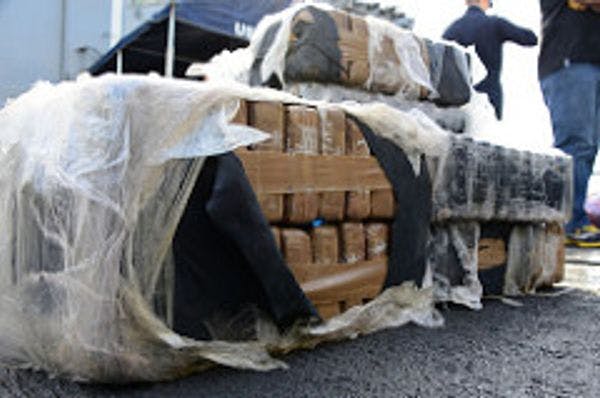The UN’s war on drugs is a failure. Is it time for a different approach?
By Jamie Doward
A policy of prohibition has put the drugs trade in the hands of criminals and led to suffering for millions. Now there are hopes a special United Nations session will see reform
The year 2008 was momentous. Lehman Brothers collapsed, Radovan Karadžić was arrested, Russian troops massed on the Georgian border, and Barack Obama beat John McCain to the White House.
But 2008 was also significant for something that didn’t happen. It was the year that the world didn’t eliminate the illicit drugs problem. This quixotic goal had been set a decade earlier at a United Nations general assembly special session when, under the vainglorious slogan “We can do it”, the supranational body pledged that, by 2008, the world would be “drug free”.
Now, as the UN prepares to host another special session on drugs in New York this month, the failure of the 1998 assembly to realise the goal is recorded in the vast amounts of money, resources, time and blood that have been expended in pursuing the apparently impossible.
As Ending the War on Drugs, a new book of essays from some of the leading critics of drugs laws, spells out in chilling detail, pursuing such an ambition has cost taxpayers around the world $100bn (£70.5bn) a year, roughly the same amount spent on foreign aid.
Click here to read the full article.
Keep up-to-date with drug policy developments by subscribing to the IDPC Monthly Alert.
Thumbnail: Flickr Coast Guard News
